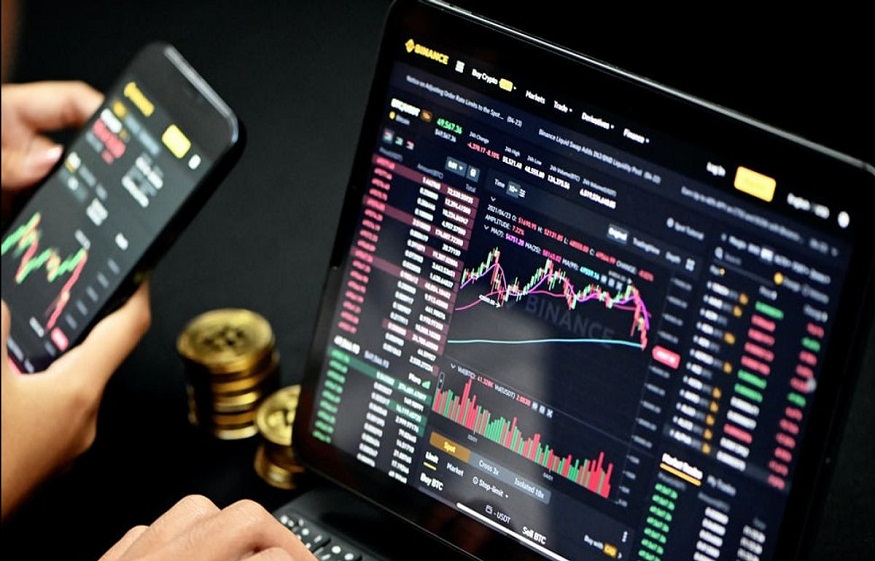The world of trading has transformed dramatically over the past few decades, thanks to the rise of online trading platforms. These platforms have revolutionized how traders access financial markets, offering convenience, efficiency, and tools that were once available only to institutional investors. For those engaged in online CFD trading, the evolution of trading platforms has opened up new opportunities for profit and risk management, all at the click of a button.
In the past, trading was a complex process dominated by brokers and large financial institutions. Traders had to rely on phone calls and face-to-face interactions to execute trades, which were often time-consuming and expensive due to high fees and commissions. Access to market data was limited, with investors dependent on newspapers, financial reports, and specialized analysts for information. The advent of the internet in the 1990s began to change everything. Online trading platforms started emerging, allowing individual traders to buy and sell assets directly from their computers. This shift democratized financial markets, giving more people the ability to participate in trading.
As technology advanced, online trading platforms became more sophisticated and accessible. Platforms began offering real-time price quotes, charts, and analysis tools, enabling traders to make informed decisions quickly. Competition among brokers drove down fees and commissions, making trading more affordable for individual investors. These platforms also allowed traders to access global markets, including stocks, forex, commodities, and indices. In CFD trading, these developments played a crucial role by providing leverage and enabling traders to speculate on price movements without owning the underlying assets.
The introduction of smartphones further revolutionized the trading experience. Mobile apps allowed traders to monitor markets, execute trades, and manage portfolios on the go. For those involved in online CFD trading, this convenience was a game-changer, enabling them to respond to market changes instantly, no matter where they were. Today’s online trading platforms offer a range of advanced features that cater to traders of all levels. Traders can personalize their interfaces to display the data and tools most relevant to their strategies. Sophisticated charting capabilities and technical indicators make it easier to analyse market trends. Some platforms enable automated trading through algorithms that execute trades based on pre-set criteria. Many also include tutorials, webinars, and demo accounts, helping beginners learn the basics before risking real money. For CFD trading, these features allow traders to explore strategies and test their skills in a simulated environment.
As online trading platforms grew in popularity, the need for regulation became apparent. Regulatory bodies were established to ensure fair practices, protect investors, and maintain transparency in the markets. Regulation also improved platform reliability and security, giving traders confidence in the safety of their funds and data. Despite their many advantages, online trading platforms face certain challenges. The ease of access can lead some traders to overtrade, making impulsive decisions that increase the risk of losses. Market volatility, while manageable with tools provided by these platforms, can still pose challenges for inexperienced traders. The sheer number of features on modern platforms can also be overwhelming for newcomers, highlighting the importance of education and practice.
As technology continues to evolve, the future of online trading platforms looks promising. Artificial intelligence and machine learning are expected to enhance market analysis tools, while blockchain technology could improve transparency and efficiency. For traders in CFD trading, these advancements could further streamline the trading process and create new opportunities for success. The rise of social trading platforms, where traders can share strategies and insights, is also likely to grow, fostering a more collaborative trading environment.
The evolution of online trading platforms has transformed the way people trade, making financial markets more accessible and user-friendly than ever before. For those involved in online CFD trading, these platforms provide the tools, resources, and convenience needed to navigate the complexities of modern markets. As technology continues to advance, traders must adapt to new features and tools while maintaining a disciplined approach to risk management. By leveraging the capabilities of modern platforms, traders can stay ahead in an ever-changing financial landscape and unlock the full potential of their trading journey.

